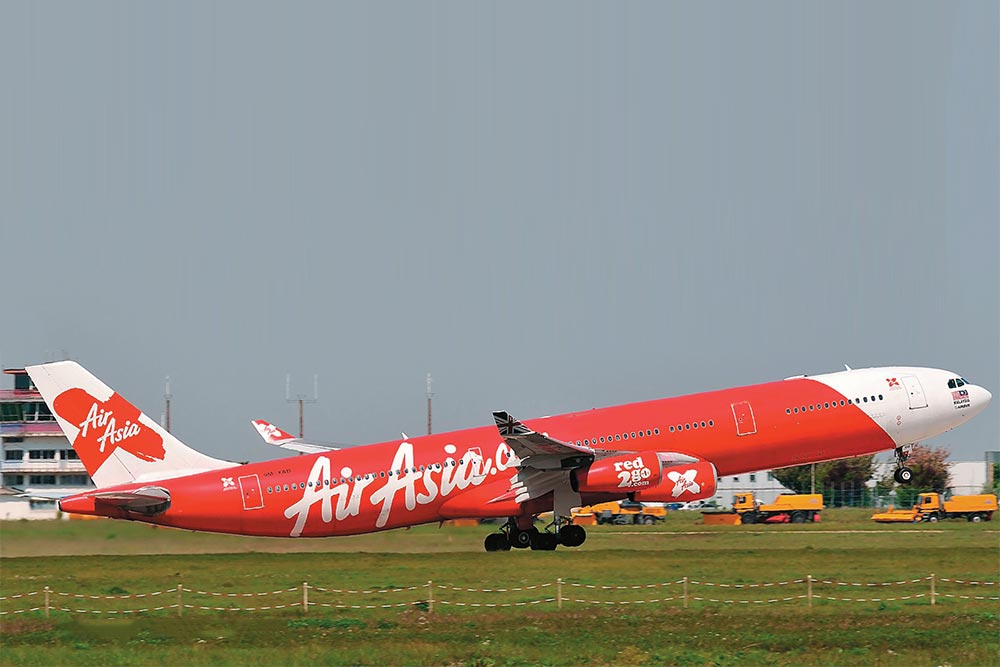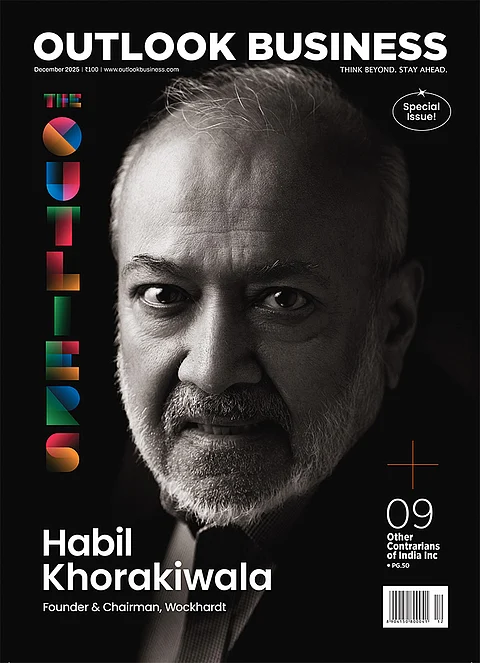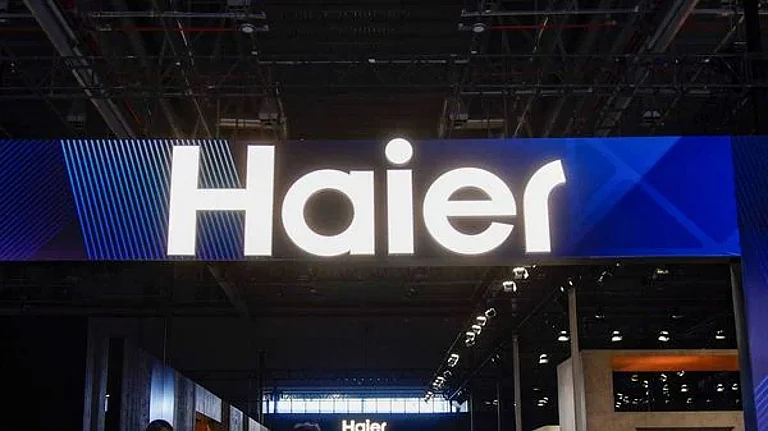Five months after the Indian government opened up the aviation sector for foreign investment, low cost carrier AirAsia has thrown its hat into the ring. It recently announced plans to launch a new domestic carrier in partnership with the Tata group and Arun Bhatia, whose son is married to steel magnate Lakshmi Mittal. The Tata’s group earlier attempts, one in 1990 as a joint venture with Singapore Airlines and the second in 2000 when it considered taking over Air India (again with Singapore Airlines) were thwarted due to policy changes. Ironically, Air India belonged to the Tatas before the government nationalised it and ran it into the ground.
According to the agreement, along with operational responsibility, AirAsia will be the largest shareholder with a 49% stake, Tatas will remain financial investors with 30% and the balance 21% will be held by Arun Bhatia’s company Telstra Tradeplace. “Air-Asia’s entry into the Indian market will have a significant impact on fares. Low cost carriers (LCC) are focusing more on profitability rather than making airfares more affordable to stimulate the market,” says Jitender Bhargava, retired executive director, Air India. In India, LCCs account for 70% of the passenger market and continue to make the most of Kingfisher Airlines losing its flying license.
AirAsia is likely to commence its operations by the end of this year after it gets the requisite approvals. “For the past 15-18 years, policies in Indian aviation have been dictated by certain lobbies. There is a need for capacity addition after Kingfisher’s exit and I hope AirAsia does not face any regulatory challenges,” says Bhargava.
While it will take some time for the airline to scale up operations, AirAsia’s entry is expected to keep fares at reasonable levels. “AirAsia’s entry will keep the overall sector profitability in check. The industry’s hopes for super profits after four to five years of pain is unlikely now,” says Nikhil Vora, managing director at brokerage IDFC Securities.
According to CAPA, the Indian market remains very competitive even after the suspension of services by Kingfisher as operating costs are high due to exorbitant fuel taxes and airport charges. Barring IndiGo, other airlines have struggled to stay consistently on the profit path. While AirAsia runs a tight ship in the other markets it operates in, the budget carrier had earlier discontinued operations in Mumbai and Delhi citing high airport charges. Since not much has changed since then, it remains to be seen how AirAsia goes about differentiating itself from the existing bunch of low cost carriers. The competition is formidable but AirAsia’s maverick founder Tony Fernandes must have surely lined up a trick or two.











